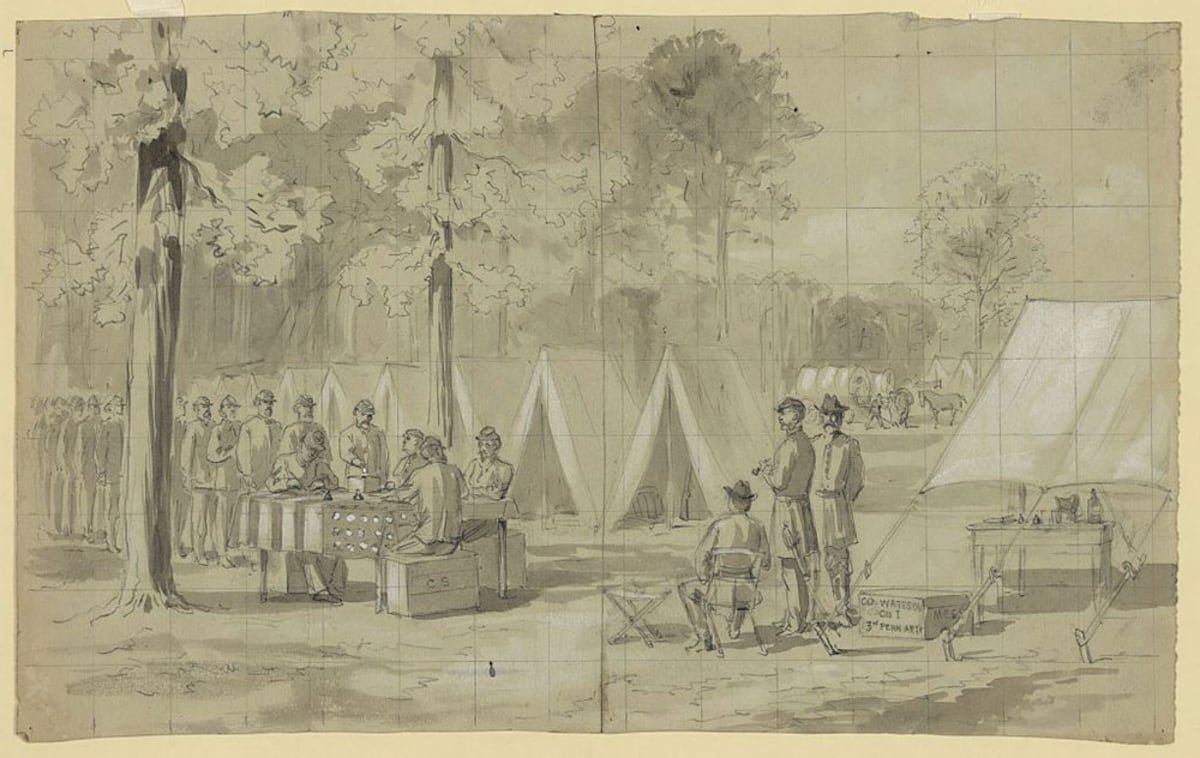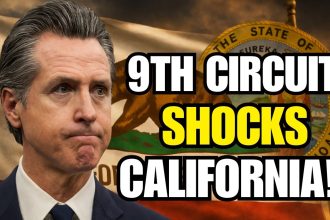“We cannot have free government without elections,” President Abraham Lincoln reflected outside the White House on Nov. 10, 1864. “And if the rebellion could force us to forego or postpone a national election it might fairly claim to have already conquered and ruined us.”
By the fall of 1864, the United States had been engulfed in a civil war for nearly 44 months, with “the bones of thousands of Northern boys [lying] in Southern graves or decayed unburied in the thickets and swamps of Dixie,” writes historian Gerald Swick.
For Lincoln — and for the Union — the outcome of the 1864 presidential election hung in the balance. If voters rejected Lincoln, the war to save the Union would almost certainly be lost. According to Swick, Peace Democrats, Lincoln’s chief political opposition, wanted an end to hostilities immediately, under almost any circumstances.
With so many men out on the field of battle, the incumbent president feared that many Union soldiers would not be able to cast their vote — and in his favor.
For Lincoln, the election was to be won by bullets and ballots, with a string of Union victories that fall — David Farragut damning the torpedoes at Mobile Bay and William T. Sherman conquering the Southern city of Atlanta — helping to quell the Democrats’ calls for an early peace
By November 1864, as men physically lined up in the North to vote for Lincoln or the former Union general, George B. McClellan, a novel way to accommodate a soldier’s right to vote was sweeping the battlefield.
There was some precedent for absentee voting. During the War of 1812, Pennsylvania and then New Jersey changed their legislation to allow for mail-in voting for their soldiers at war.
On Oct. 1, 1864, Secretary of War Edwin M. Stanton published General Orders No. 265 outlining the procedures for Army voting. The order’s purpose was to “secure a fair distribution” of election material and prevent fraud and intimidation at the front and further invited “civilian inspectors of each political party” to visit the various brigade headquarters throughout the Army “to see that the elections are fairly conducted.”
During the war, 19 Union states changed their laws to allow their soldiers to vote absentee. Other states permitted soldiers to vote by proxy, while others created polling sites in camps and hospitals under on-site inspection by appointed clerks or state officials. (In many states, however, the laws only referred to organizations within the Army: companies, regiments and brigades. Thus, many new voting laws did not apply to members of the Navy, according to the National Park Service.)
Each state devised its own methods for absentee voting procedures, with Connecticut, New York, Ohio, Pennsylvania and West Virginia mailing proxy votes, ballots or tally sheets. Pennsylvania officials prepared mailing materials for conveying the votes gathered at the front, while Ohio produced envelopes for both the state and national elections, according to the National Postal Museum.
Ohioan qualified military absentee voters cast 12% of all the military ballots, with a majority voting for the reelection of Lincoln.
By the end of Election Day on Nov. 8, 1864, of the 40,247 Union soldiers who voted, 30,503 voted for Lincoln, approximately 75.8% of the Union citizen-soldiers, according to the American Battlefield Trust. Lincoln carried all but three states (Kentucky, Delaware and New Jersey) with a 90% margin in the Electoral College, 212–21.
Since then, states have offered, to varying degrees, the option of absentee voting.
During the Second World War, the Soldier Voting Act of 1942 permitted 3.2 million absentee ballots to be cast during the conflict. The act was amended in 1944 and expired at war’s end. Presently, the Uniformed and Overseas Citizens Absentee Voting Act allows for roughly three-quarters of the 1.3 million active-duty troops to be eligible to vote absentee, according to the Federal Voting Assistance Program.
Claire Barrett is the Strategic Operations Editor for Sightline Media and a World War II researcher with an unparalleled affinity for Sir Winston Churchill and Michigan football.
Read the full article here







